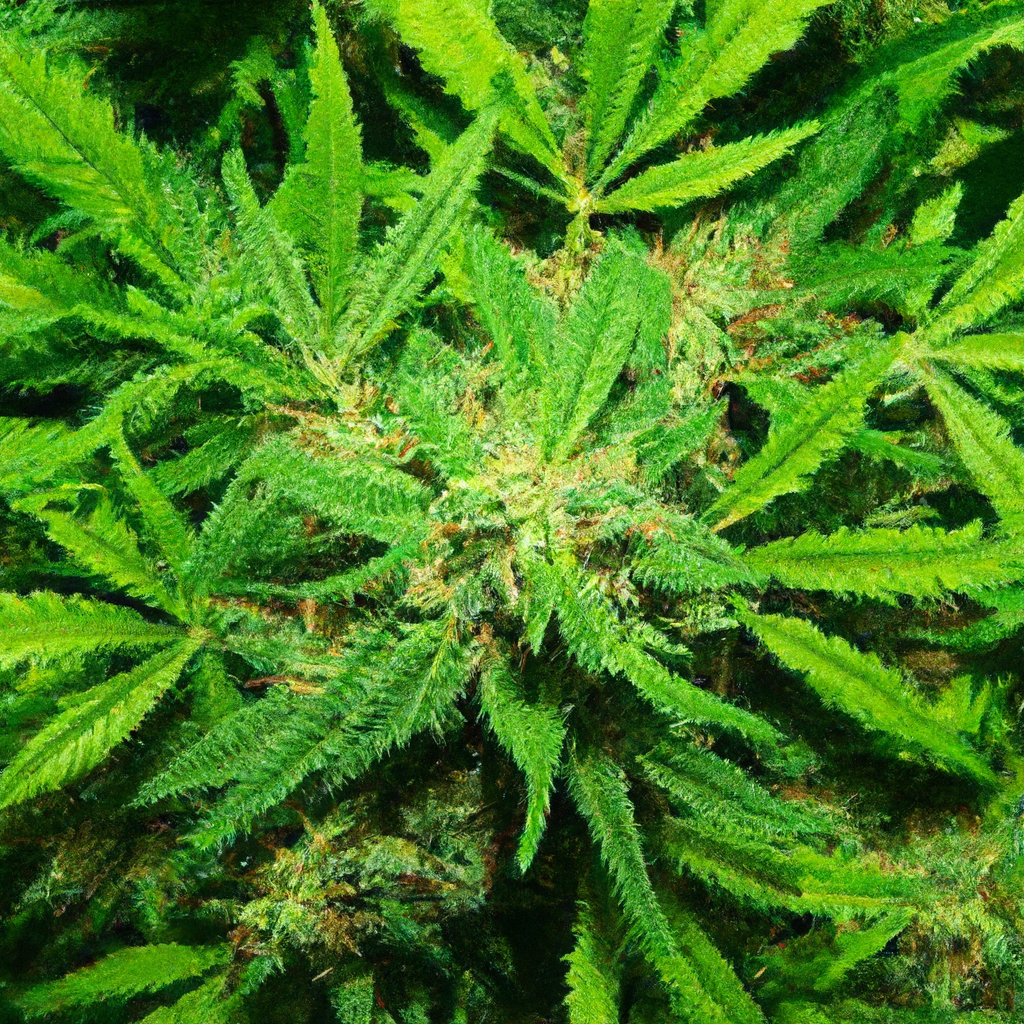Your cart is currently empty!
The world of cannabis cultivation is continually evolving, with growers increasingly turning to scientific innovations to improve crop yield and quality. One such innovation is the integration of beneficial microbes into cannabis farming practices. This biological approach not only enhances plant health but also contributes to sustainable agriculture methods, making it a win-win for both growers and the environment.
Understanding Beneficial Microbes
Beneficial microbes, including bacteria and fungi, play a critical role in breaking down organic matter, releasing nutrients, and safeguarding plants from pathogens. In cannabis cultivation, these microorganisms interact symbiotically with plant roots, fostering a more resilient and productive growing environment.
The Benefits of Microbes in Cannabis Cultivation
- Enhanced Nutrient Uptake: Microbes facilitate the decomposition of organic materials, transforming them into nutrients that are easily absorbed by cannabis plants.
- Improved Soil Structure: By enhancing soil aggregation, beneficial microbes improve aeration and water retention, which are crucial for the root development of cannabis plants.
- Disease Suppression: Certain microbes can inhibit plant pathogens, reducing the need for chemical pesticides and thus promoting a more organic growing method.
- Reduced Environmental Impact: Utilizing microbes in place of synthetic fertilizers decreases the environmental footprint of cannabis cultivation.
How to Introduce Beneficial Microbes to Your Grow
- Select the Right Microbial Inoculant: Choose a microbial product specifically designed for cannabis, ensuring it contains a blend of beneficial bacteria and fungi that target the needs of your plants.
- Prepare Your Soil Appropriately: For maximum efficiency, your soil should be well-drained and rich in organic matter to support microbial activity.
- Follow Application Guidelines: Whether you’re using a liquid, powder, or granular form, apply the inoculant according to the manufacturer’s instructions, ensuring even distribution around the root zone.
- Monitor Plant Health: Regularly check your plants for signs of improvement in health and growth, adjusting your microbial application as needed.
Case Study: Success with Microbial Cultivation
In a recent study conducted at a leading agricultural research center, two groups of cannabis plants were grown under identical conditions, with one group receiving microbial inoculants. The results were staggering: the microbe-enhanced group exhibited a 30% increase in biomass and a 20% improvement in THC concentration compared to the control group. This real-world example highlights the potential of harnessing beneficial microbes to boost both productivity and potency in cannabis cultivation.
Conclusion
Integrating beneficial microbes into cannabis cultivation is a promising strategy that aligns with sustainable agricultural practices while enhancing plant health and productivity. As growers continue exploring innovative cultivation methods, embracing microbial solutions could be a key to unlocking higher yields and quality within the cannabis industry.
Discover more from Magic Clones
Subscribe to get the latest posts sent to your email.


Leave a Reply